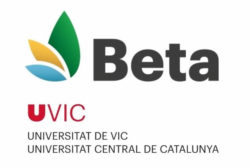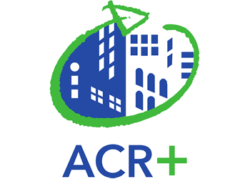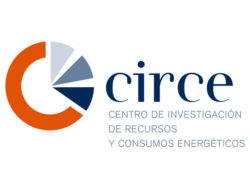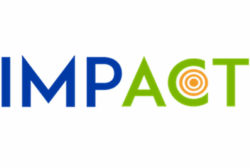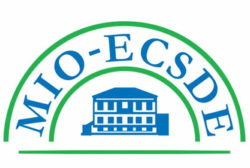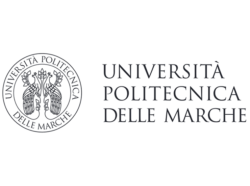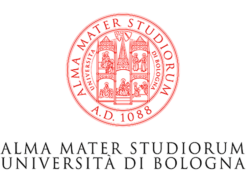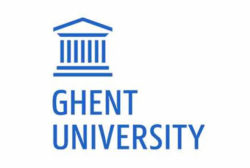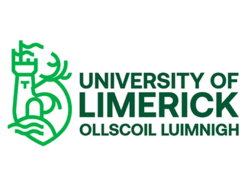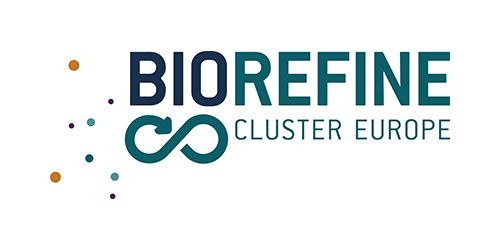Each year, a substantial amount of food loss is generated at the primary production stage.

This has negative impacts on the society, contributing to food insecurity, depleting the environment, generating avoidable greenhouse gas (GHG) emissions and creating pressure on land and water. FOLOU will work to overcome these challenges by setting up a mechanism to measure, monitor and assess the magnitude and the impact of food losses.
There are several factors hampering the reduction of food losses. At regulatory level, food losses at primary production stage are currently excluded from the EU Commission Decision (EU) 2019/1597, which sets a common method and minimum quality requirements for the uniform measurement of levels of food waste at the national level. Moreover, at technical and scientific level there is a lack of a common measurement methodology to estimate food losses at the primary stage as well as an insufficient knowledge and understanding of the drivers behind it. Likewise, key stakeholders involved in the value chain often lack the needed skills and tools to efficiently prevent food losses and adopt tailored solutions.
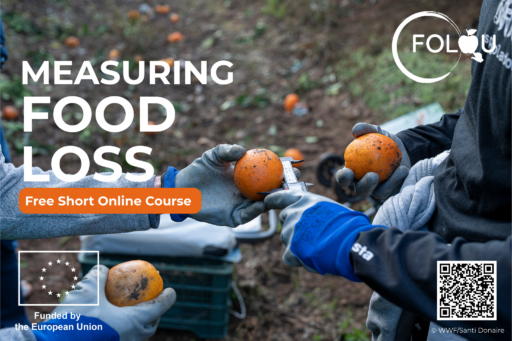
The second FOLOU course is now available on Ubiqua!
The FOLOU project, in collaboration with the University of Reading, has launched its second free online course, “Measuring Food Loss,” now available on the Ubiqua platform.
In this course, you’ll learn why and how to measure food loss across agriculture, aquaculture, and fisheries, apply the FOLOU food loss definition, aggregate data at different levels, and use the FOLOU reporting system. It is suitable for farmers, advisors, researchers, policymakers, and anyone interested in food loss.
Key Details:
- Self-paced and available anytime
- 100% online
- Free digital badge upon completion
- EIT Food accreditation
Rethinking Food Loss: FOLOU Case Studies
Food is being lost before it even leaves the farm — and we don’t fully know how or why. That’s where FOLOU comes in.
To uncover the full picture, FOLOU is launching a series of case studies across the EU, measuring food losses in real farming contexts. By working directly with producers and local experts, we aim to understand, quantify, and reduce these hidden losses in primary production.
This is not just about data — it’s about listening, learning, and changing the way we think about food systems from the ground up.

Latest News
-
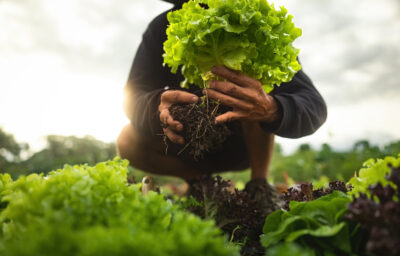
News
15.12.2025
CEN Workshop on food loss quantification launches standardisation process for primary production
After several months of preparation, the CEN Workshop on food loss quantification in primary production officially commenced on Friday, 12 December. {...}
Read more -
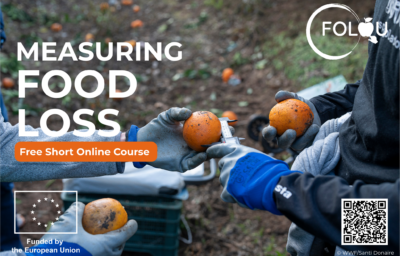
News
08.12.2025
Second Free Online Course: Measuring Food Loss
The partners of the FOLOU project have launched their second free online course, “Measuring Food Loss: Implementing the FOLOU Methodology.” {...}
Read more -

News
05.12.2025
FOLOU at the FOOD2030 Networks Conference in Copenhagen
This year's Transformative governance for food systems and biodiversity took place on 3 December 2025 in Copenhagen under the Danish Presidency of {...}
Read more -
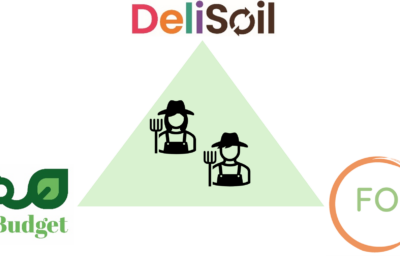
News
05.12.2025
Austrian food value chain actors discuss potentials for food loss prevention at the national stakeholder workshop
On July 8th, 2025, 22 participants from the farming, bio-based and research communities, the retail sector, politics, and broader civil society {...}
Read more

